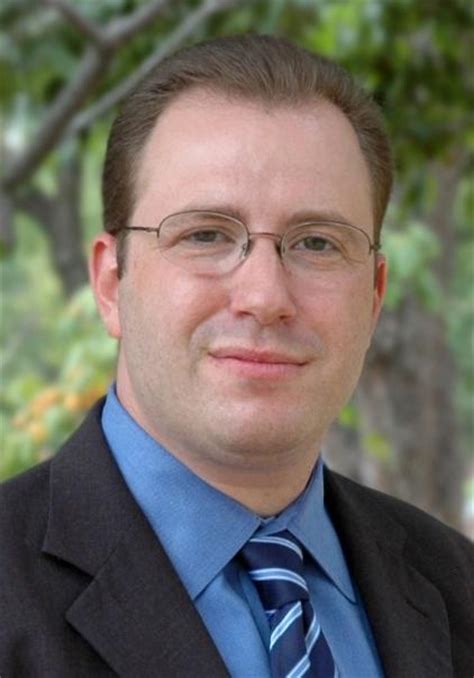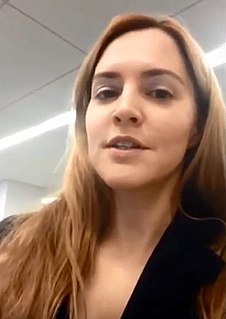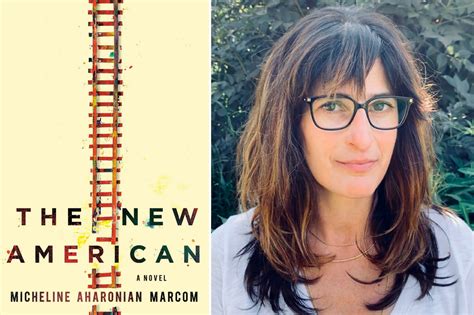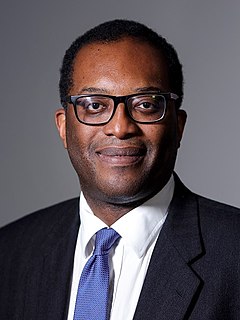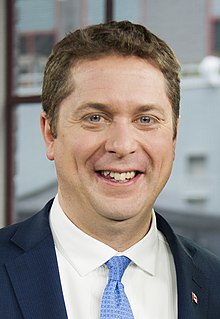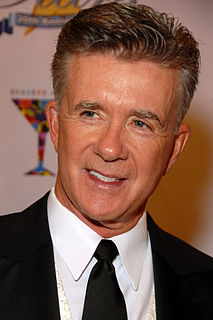A Quote by Ilan Berman
Social media is important, but it does not bring down governments. Governments can shut down the Internet. Governments can control media access. If they do what the Tunisians did and try and negotiate with the opposition, then the media's still open, the international community can learn what's happening in the country, and then that can provide inspiration. But in mid-2009, the Iranian regime just shut down the Internet. Facebook went dark. Twitter went dark. BBC Persian, Voice of America, Persian News Network all went dark. That was it.
Quote Topics
Access
America
Bring
Community
Control
Country
Dark
Did
Does
Down
Facebook
Governments
Happening
Important
Inspiration
International
International Community
Internet
Iranian
Just
Learn
Media
Mid
National Community
Negotiate
Network
News
Open
Opposition
Persian
Provide
Regime
Shut
Social
Social Media
Still
Then
Try
Twitter
Voice
Related Quotes
We'd all survive if Twitter shut down for a short while during major riots. Social media isn't any more important than a train station, a road or a bus service. We don't worry about police temporarily closing those. Common sense. If riot info and fear is spreading by Facebook and Twitter, shut them off for an hour or two, then restore.
I began to firmly change my mind when I saw how young Egyptians used Facebook, for example, to begin to coalesce their social justice movement in their country. And a good Iranian friend of mine showed me how also in Iran, till the government shut it down, much was communicated via social media. So I'm not against. I use the internet regularly to do research. It's great but you have to use your discernment, especially if researching content.
The idea that, in the age of Google, Facebook and the internet, government can control the 'commanding heights' of the economy is one of the great delusions of our age. Modern techonology, social media, the explosion of online retail, among many other things, have meant that governments have less and less control.
Indeed, the best practical reason to think that social media can help bring political change is that both dissidents and governments think they can. All over the world, activists believe in the utility of these tools and take steps to use them accordingly. And the governments they contend with think social media tools are powerful, too, and are willing to harass, arrest, exile, or kill users in response.
The media is tremendously important for all governments that are able to communicate through the it. It doesn't mean there is a balance of editorial opinion that favors what you are doing or that the opposition doesn't have its voice, but you have to be able to effectively communicate your story through the media.
PR got to be much bigger because of the emergence of digital media. Now we have hundreds of people who are, in a sense, manning embassies for Facebook and Twitter for brands. So the business in effect has morphed from pitching stories to traditional media, to working with bloggers, Twitter, Facebook and other social media, and then putting good content up on owned websites.
